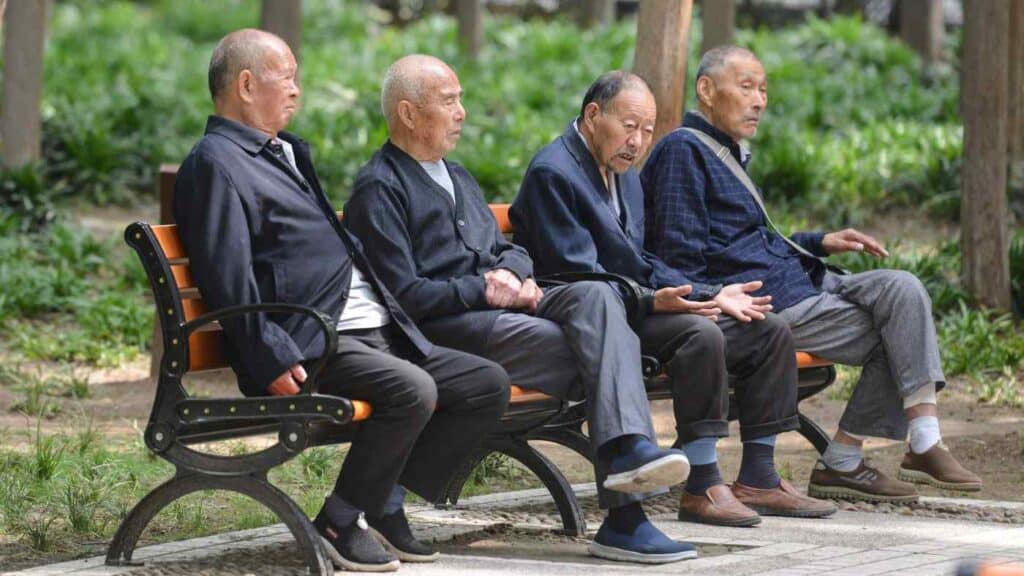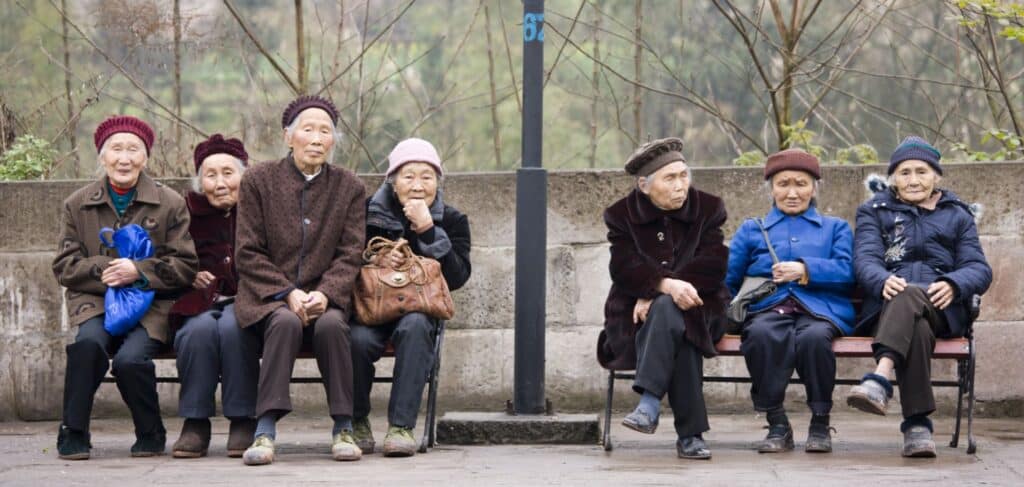China has announced plans to gradually increase the retirement age for the first time since the 1950s, responding to challenges posed by an aging population and a shrinking pension budget. The top legislative body approved proposals on Friday to raise the statutory retirement age from 50 to 55 for women in blue-collar jobs and from 55 to 58 for those in white-collar roles. For men, the retirement age will increase from 60 to 63.

These changes will take effect on January 1, 2025, with incremental increases occurring every few months over the next 15 years. Retiring before the statutory age will not be permitted, although individuals may extend their retirement by a maximum of three years. Starting in 2030, employees will need to contribute more to the social security system to qualify for pensions, which will require a minimum of 20 years of contributions by 2039.
The state-run Chinese Academy of Social Sciences projected in 2019 that the main state pension fund could be depleted by 2035, a forecast made before the economic impacts of the COVID-19 pandemic were fully realized.
The decision to adjust retirement ages and pension policies was based on a comprehensive review of factors such as average life expectancy, health conditions, population demographics, education levels, and workforce supply, according to Chinese state media.
China’s population has experienced a decline for the second consecutive year in 2023, as the birth rate continues to drop. Meanwhile, the average life expectancy has risen to 78.2 years.

The announcement has sparked skepticism and discontent among the public, with some expressing concerns on Chinese social media. One user on Weibo predicted further delays in retirement age, stating, “In the next 10 years, there will be another bill that will delay retirement until we are 80.” Others echoed sentiments about the challenges faced by middle-aged workers, including pay cuts and increasing difficulties in securing employment.
While some users noted that this change was anticipated, comparisons were drawn to retirement ages in European countries, suggesting that similar trends might soon emerge in China.




